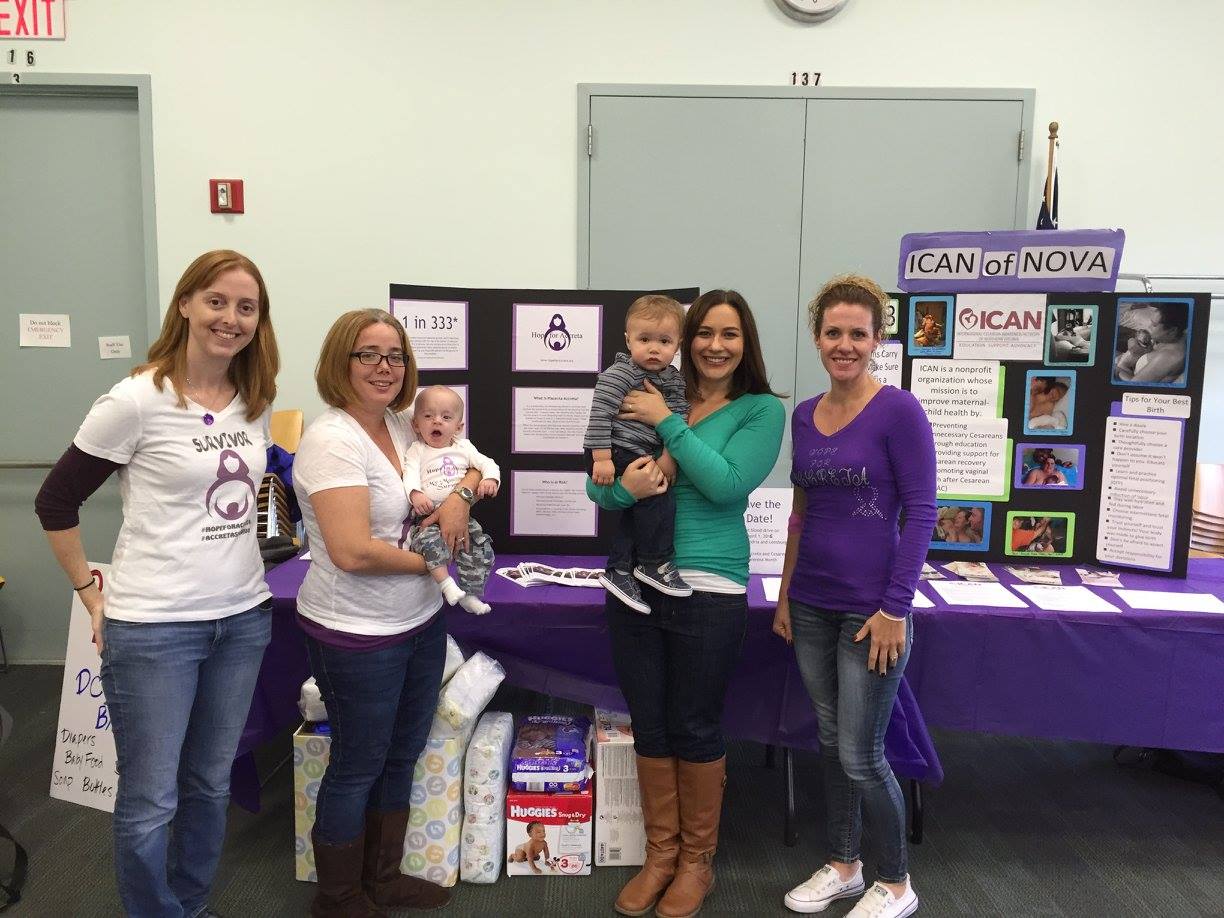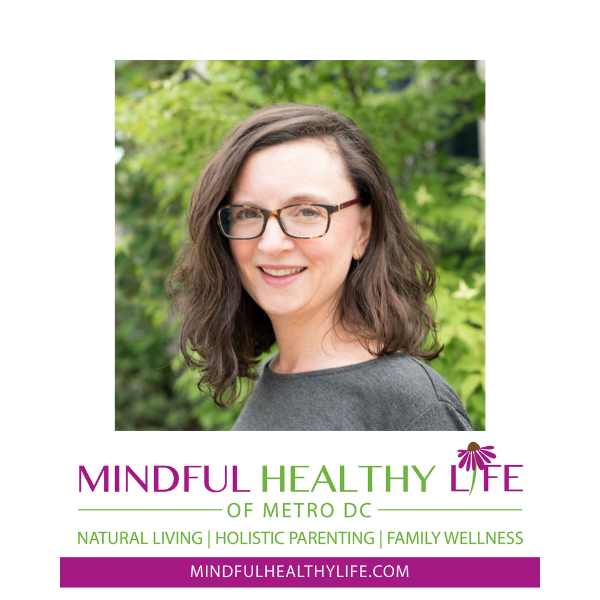April is both Cesarean Awareness Month and Accreta Awareness Month, sponsored by the International Cesarean Awareness Network, or ICAN, and Hope for Accreta, respectively. Most people have heard of a cesarean birth but few have ever heard of the life-threatening pregnancy complication called Placenta Accreta that is a potential risk of future cesarean births. I’m grateful to be alive to celebrate my accreta survival story and host two blood drive events to help save the lives of more mothers. Two organizations, Hope for Accreta Foundation and ICAN of Northern Virginia, are coming together to try to educate those with risk factors for Accreta and to encourage people to donate blood. This gift of life could save mothers with Accreta and anyone else in need of a blood transfusion.
Three and half years ago I experienced one of the most dangerous pregnancy complications. I lost approximately 4 pints of blood after the birth of my son, almost half of the blood in my body. Placenta Accreta is a condition in which the placenta embeds into the uterus wall and grows through it, sometimes attaching to other organs. Placentas are supposed to just hover over the wall of the uterus and then detach after birth. But some have a mind of their own and decide to cause a whole lot of trouble — life-threatening trouble. Life-threatening because it can cause catastrophic hemorrhaging putting the life of the mother and child at risk.
When Accreta is either diagnosed prior to birth or found surprisingly after birth, physicians and blood banks must be prepared. If the placenta will not detach, health care providers must do everything they can to prevent hemorrhaging and the mother’s death. Hospitals typically gather a large group of experts to handle the situation, usually performing an emergency hysterectomy, and blood donations must be available in case of massive blood loss and a blood transfusion is necessary.
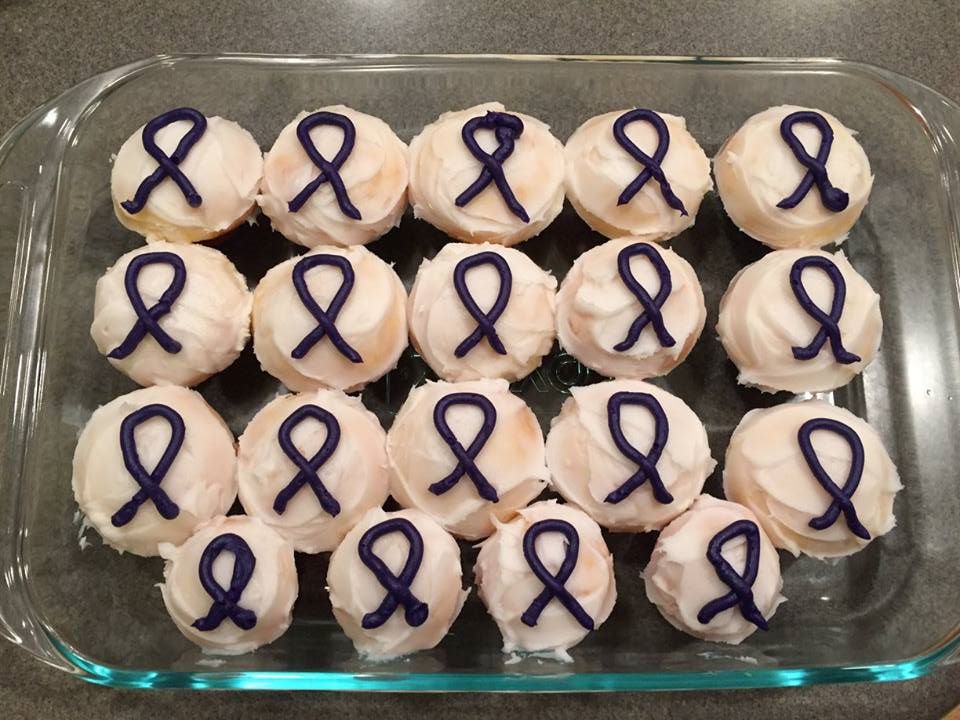
There is no explanation for Placenta Accreta, but most physicians believe it happens because of previous trauma and scarring to the uterine wall. This could be caused by uterine surgery such as a cesarean section, dilation and curettage (D&C), hysteroscopy, in vitro fertilization (IVF), or the placement of an intrauterine device (IUD). I had four uterine surgeries before my Accreta pregnancy.
Placenta Accreta now affects 1 in 333 pregnancies, and the rates are increasing, according to the Society for Maternal-Fetal Medicine. The American Congress of Obstetricians and Gynecologists believes the increase of Placenta Accreta seems to parallel the increasing cesarean delivery rate. This rise in Accreta cases puts great pressure on local blood banks; they must be ready to handle the increased demand for blood.
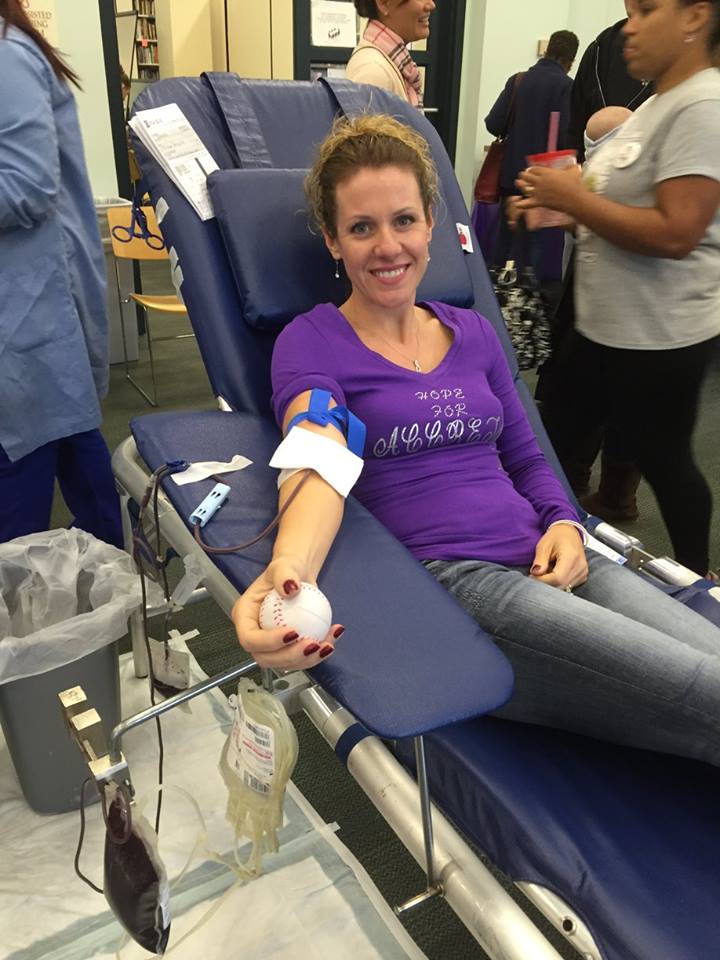
On Friday, April 1 and Saturday, April 2 the Northern Virginia chapters of the Hope for Accreta Foundation and ICAN will co-host community blood drives in partnership with Inova Blood Donor Services. The drives will be held at the Inova Blood Donor Center in Sterling, Virginia on April 1 from 10-4 and American Horticultural Society’s River Farm headquarters in Alexandria, Virginia on April 2 from 10-3. Local mothers, blood recipients, and survivors of Placenta Accreta will share their birth stories, answer questions, offer support, and help educate men and women about the risks of uterine surgeries.
Find details at
- www.facebook.com/HopeforAccretaNorthernVirginia
- www.facebook.com/events/528882323981558/ (April 1 event in Sterling)
- www.facebook.com/events/451221828401301/ (April 2 event in Alexandria)
All donors and volunteers will be entered to win door prizes from generous donors and businesses including Cheryl Lucas Urban of AuPairCare, Jamie Jubin of Bathologie, DRP Belle Haven, Greenplicity, Sarah Stewart of Jamberry, Katie O’Brien-Sokol of Lemongrass Spa, Lisa Tyler of Stella & Dot, Soupergirl, Sugar Shack Donuts, Adelle LaRue Settle of Usborne, Wegmans, and Zoobooks.
Both events are family friendly — the Alexandria blood drive will feature a crafts table, hosted by Arts on the Horizon, for children to keep busy while parents donate blood. Additionally, diapers and baby items will be collected for nonprofits My Grandmother’s House and It Takes a Village, Baby to help provide health and happiness to mothers and babies in need.
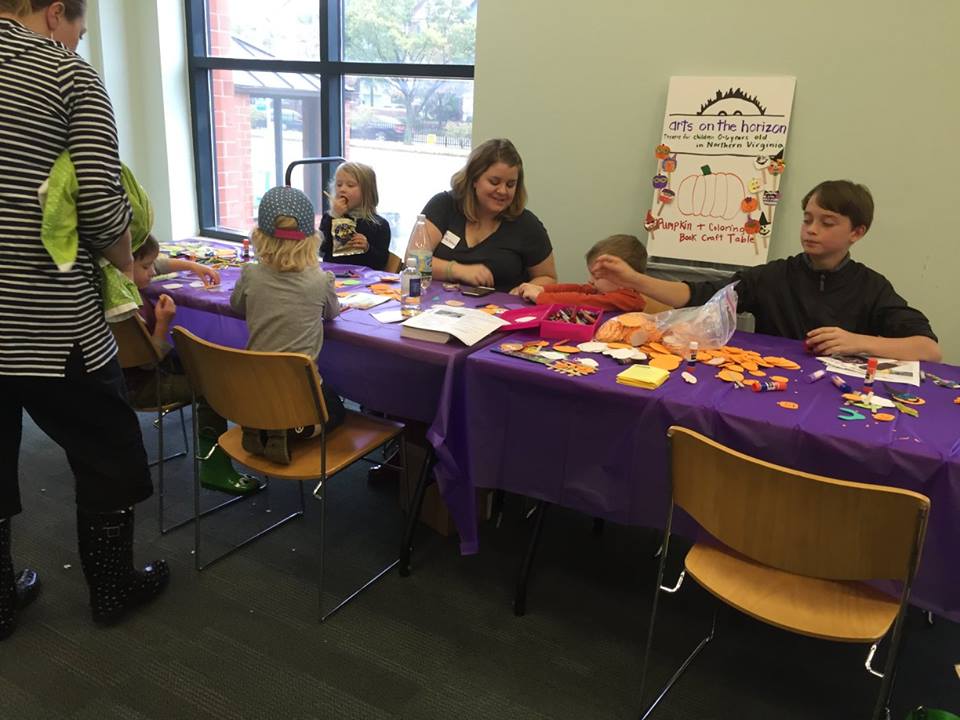
The goal is to attract at least 60 donors at the blood drives. By donating just one pint of blood, donors have the potential to save up to three lives. Donors must be 17 years of age (or 16 with parental consent), 110 pounds minimum, and in general good health. Full eligibility requirements are here. The entire process takes about an hour, and all blood types are needed. Donors should bring a photo ID. To schedule an appointment to donate blood call 866-256-6372, or visit www.inovabloodsaves.org and use sponsor code: 8131. The events are free.
I’m a survivor of Placenta Accreta and postpartum hemorrhage and I’m alive today thanks to many generous blood donors. Most do not realize or understand that massive blood loss during and after childbirth is a possibility. However, we can be prepared, and we need the community’s help and generosity to “Give Local, Save Local.”

Alexis Carena is a Northern Virginia mother and co-leader of the Northern Virginia chapter of Hope for Accreta.
For more on ICAN of NoVA, visit www.icanofnova.org
The International Cesarean Awareness Network (ICAN) is holding its annual conference in Birmingham, Alabama, April 8-10. Click here for more info.
